Changing the Conversation Around Childhood Trauma and Abuse Survivors
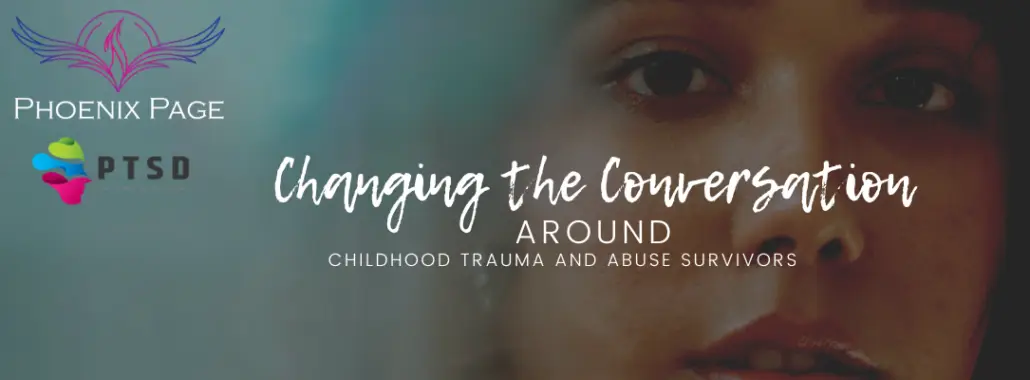
Survivors of childhood trauma and abuse often face dismissive and victim-blaming attitudes. Phrases like “stop focusing on the past,” “get over it,” and “you’re just making yourself the victim” are not only hurtful but also harmful. They undermine the survivor’s experience and further perpetuate their pain. These responses are especially damaging as they shift the blame onto the survivor and dismiss the severity of their trauma.
Educating Kids on Empathy and Mental Health is a Shared Responsibility
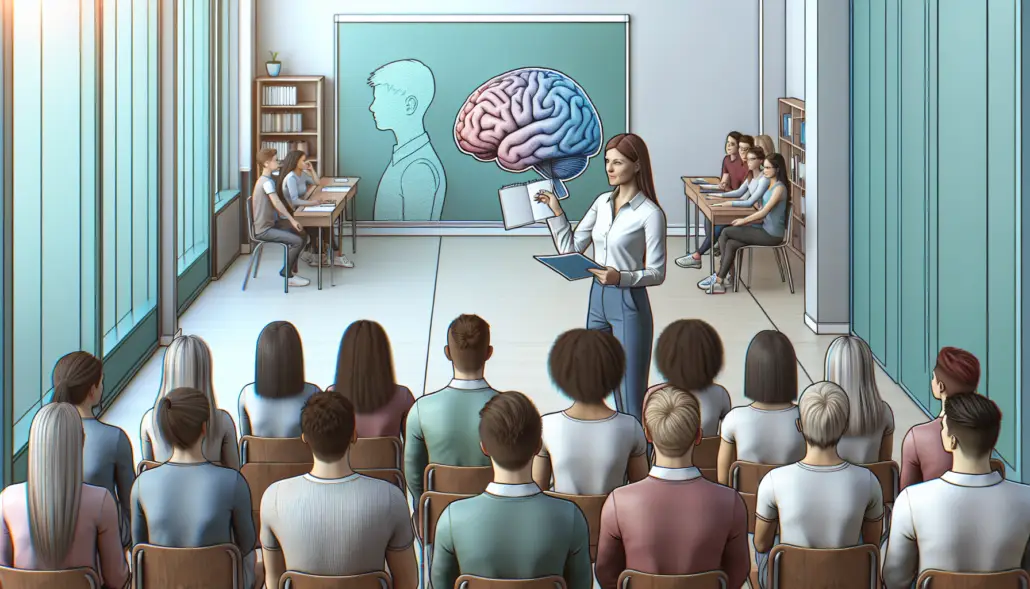
One glaring issue in today’s society is how we treat those who struggle with mental health. For too long, people with mental health challenges have been marginalized, mocked, and misunderstood. Historically, societal norms have dictated that anyone who does not conform is to be viewed with suspicion and distrust. Human beings are hardwired this way, but that doesn’t mean we can’t change. Empathy can be taught and learned, and schools are the perfect setting for this essential education.
Words Matter, Actions Matter More

Living with the aftermath of childhood trauma and abuse is an uphill battle. Every day is a struggle, and it’s often made harder by well-meaning but ultimately useless platitudes like “Hang in there.” These words, meant to comfort, can sometimes feel dismissive and disheartening. For those who love us and want to help, understanding how to use language more effectively can be a powerful tool.
Mental Illness Stigma Needs To Stop
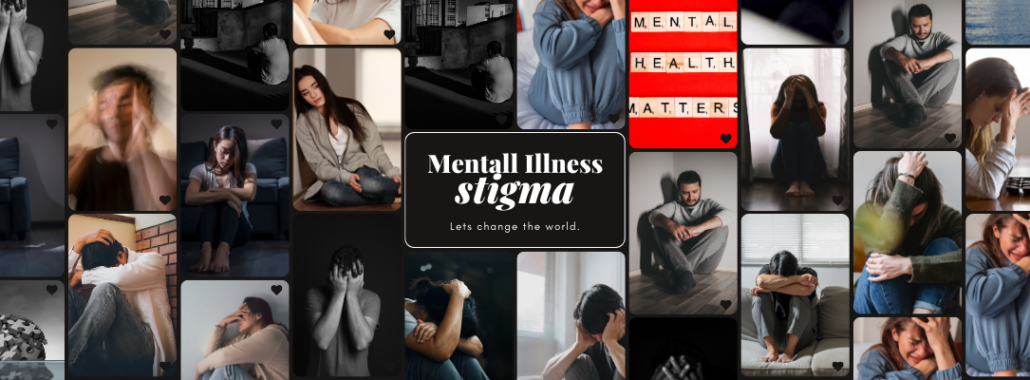
Mental illness is an uninvited guest that lingers in the shadows of many lives, often invisible to the untrained eye. As someone who has navigated the murky waters of mental health, stemming from 13 years of childhood displacement, trauma, and abuse, I know all too well the importance of being seen and accepted. Yet, our […]
Unveiling the Darkness Within Nightmares and Night Terrors in Trauma Survivors
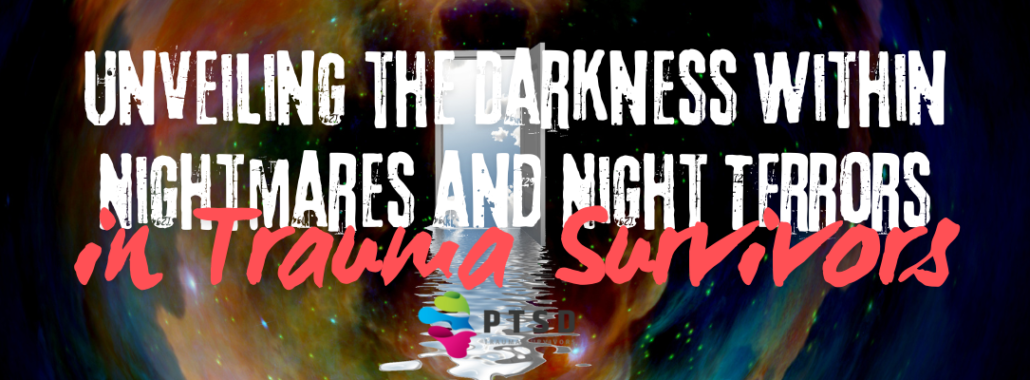
Turning the lights off at night is a seemingly simple daily act for many. It signals the eventual soothing descent into darkness and slumber. However, for survivors of trauma and abuse, the night can become a battleground—one where the mind, a powerful repository of anguish, resurrects horrors in the form of nightmares and night terrors.
Such nocturnal episodes, shrouded in mystery, are often dismissed as mere byproducts of a tired mind or an overactive imagination. Yet, these phenomena harbor secrets that demand our attention, especially within the context of trauma. Nightmares and night terrors are not only harbingers of hidden trauma, they are messengers beckoning us to confront the shadows of the past. Let’s unravel the enigma of these disturbing nocturnal experiences and propose a deeper, more compassionate understanding of their role in the healing process of trauma survivors.
Understanding Victim Shaming: A Guide for Adult Survivors of Childhood Abuse
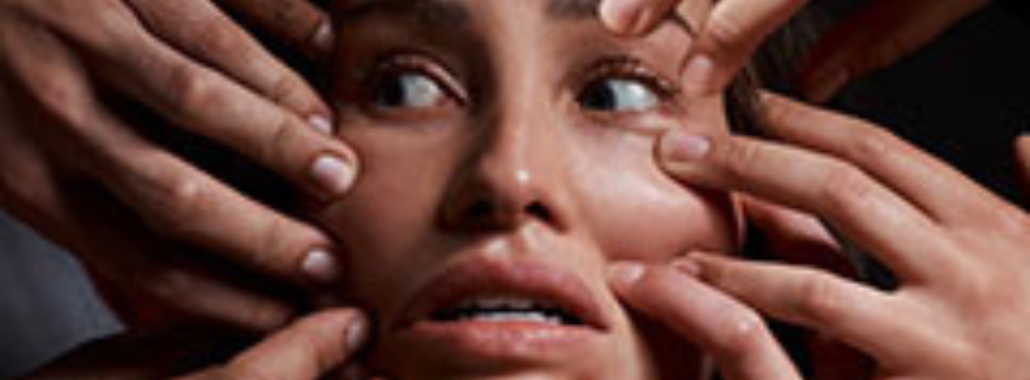
As a survivor of childhood abuse, it can be hard to come to terms with the trauma that you’ve experienced. It can be even harder when those around you don’t understand the complexity of what you’ve been through. Victim shaming is an all too common occurrence that adult survivors of childhood abuse can experience, leading to feelings of shame, guilt, and even self-blame. In this blog post, we will explore victim shaming and how it affects survivors of childhood abuse. We’ll also provide you with a guide to understand and manage victim shaming that can help you on the road to recovery.
Maintaining Autonomy During Trauma Survival

Maintaining autonomy while healing from trauma can be an important aspect for survivors. It is important for survivors to have control over their own healing process and journey. This can be done by setting boundaries and establishing a sense of agency. Survivors can set boundaries with their therapists, friends, and family members in order to maintain a sense of control over their healing journey. Additionally, utilizing self-care techniques and practicing mindfulness can help survivors feel more in control of their own healing. It is also important for survivors to have a support system that respects their autonomy and allows them to make decisions about their own healing. By maintaining autonomy, survivors can reclaim their power, build resilience, and take steps towards healing from their trauma at their own pace.
Breaking the Cycle of Abuse: A Guide for Survivors
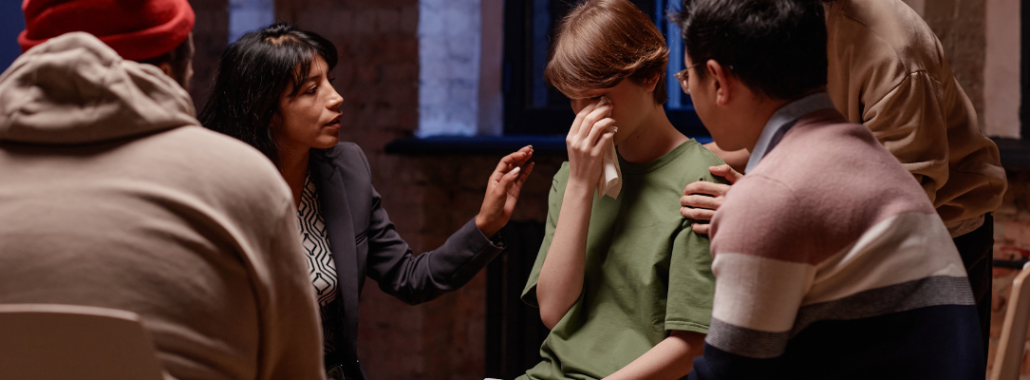
Childhood abuse leaves lasting scars on survivors, and the impact can last for generations. Those who experience trauma as children are more likely to grow up to be abusive themselves or entangled in toxic relationships. But, as difficult as it may seem, we can break the cycle of abuse – both for ourselves and for generations to come. This article will provide insights on how to stop the cycle of abuse and break free from the damaging patterns that have been passed down from one generation to another.
10 ways to turn a bad day into a good one!

We all have those days when nothing goes right. You wake up on the wrong side of the bed, your alarm clock doesn’t go off, and then you get stuck in traffic. You’re not alone.
Freedom by Phoenix H. Page

Hey Guys, so I am not sure when I wrote it but came across it a while ago. As you can imagine, it is a travel into a world where my biological mother did not die. I thought I would share it; it is just short, and it speaks to me, which is good seeing as I wrote it, just wish I could remember when. Anyway, Enjoy. -Jess
